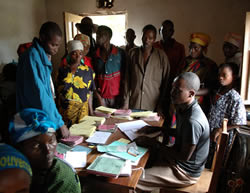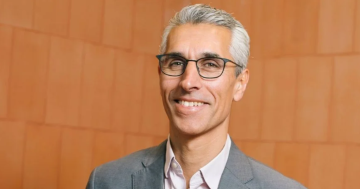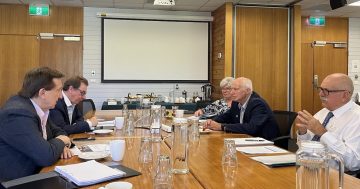DEMOCRATIC REPUBLIC OF CONGO
 While the Democratic Republic of Congo has often been described as a failed state, two researchers have found the country’s Public Service is managing to meet citizens’ basic needs, especially at the local level.
While the Democratic Republic of Congo has often been described as a failed state, two researchers have found the country’s Public Service is managing to meet citizens’ basic needs, especially at the local level.
The researchers, Kristof Titeca and Professor Tom De Herdt from the University of Antwerp said that even though state funding for education virtually stopped in the mid 1980s, average school enrolment remained well above average for sub-Saharan Africa.
Their new book, Negotiating Public Service in the Congo, examines various sectors including electricity provision, garbage management, public transport and the justice sector.
“In each of the service sectors, we encountered deeply hybrid forms of governance where central state rule has become secondary to localised arrangements, allowing public services to work,” Professor De Herdt said.
“A lack of money means that official salaries are almost never paid in full, so they are almost always complemented with various salary ‘top-ups’; these take a variety of forms.”
He said they could be negotiated within the state administration and some could be considered legitimate while others were less so.
“These top-ups contribute to salaries but also to the broader Public Service infrastructure,” Professor De Herdt said.
He said another example was how parents paid a variety of school fees.
“These are used in part to pay for teachers’ salaries, but also for school buildings and other infrastructure,” Professor De Herdt said.
“This is a longstanding practice.”
He said the end result was that services were provided by a wide range of actors, and through a wide range of practices.
“These happen both at the national level, within Ministries, and at the very local level, between Public Servants and citizens,” Professor De Herdt said.
“It is these kinds of arrangements — in which resources are extracted and redistributed — that make sure public services are provided.”
Kinshasa, 26 September 2019










